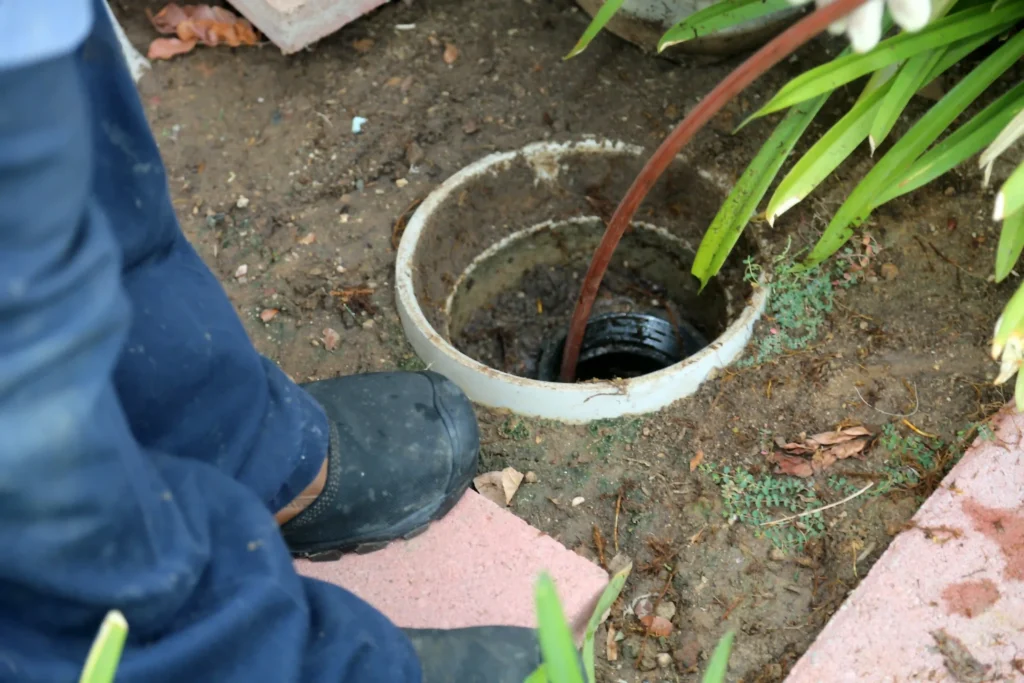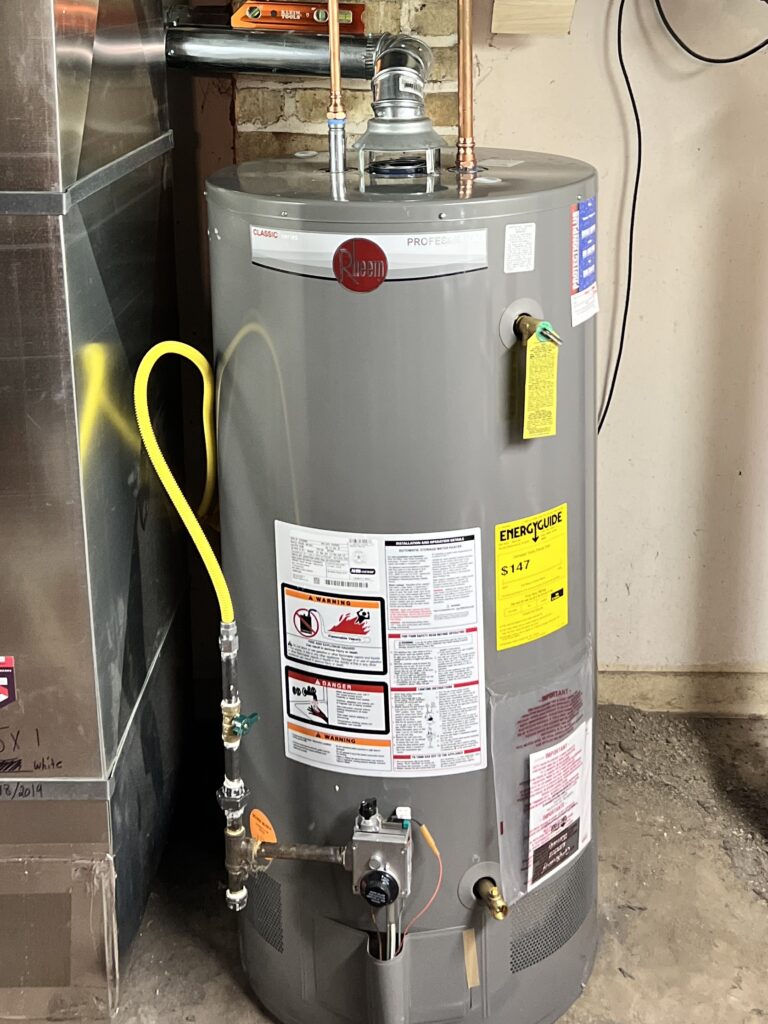

Blog
Understanding HVAC Refrigerant Works in Your Des Moines Home

HVAC refrigerant in Des Moines plays a major role in how your air conditioner keeps your home cool. With Iowa’s 90- to 100-degree summer heat, your AC is likely working overtime. But many homeowners don’t realize just how essential refrigerant is to keeping the system running properly. Let’s explore how it works and why it’s key to staying comfortable all summer long.
What Is HVAC Refrigerant?
The term refrigerant refers to a chemical compound that can shift quickly from a fluid or a gaseous state. During this process, it absorbs heat and provides air conditioning or refrigeration when combined with other components, such as compressors and evaporators.
What Refrigerant Does in Your AC System
Your air conditioner contains an HVAC refrigerant inside copper coils. As the refrigerant absorbs heat from your home, it transitions from a low-pressure gas to a high-pressure liquid. The air conditioning components send the refrigerant to the condenser outside, where a fan blows hot air over the coils and exhausts the heat. Once this happens, refrigerant cools down the evaporator and turns into a low-pressure gas. A fan inside your home blows air over the coils to provide cool air.
What Are the Types of Refrigerants?
When learning about HVAC refrigerants in Des Moines, it helps to understand the types commonly used over the years. Many traditional refrigerants have contained ozone-depleting chlorofluorocarbons (CFCs) and hydrochlorofluorocarbons (HCFCs). For instance, CFCs in R-12 refrigerants contributed to the greenhouse gas effect and were used until 1994. HCFCs in R-22 refrigerants followed, offering slightly less environmental impact, but the EPA mandated a phase-out under the 2010 Clean Air Act, with R-22 completely discontinued by 2020.
Today, many AC units use R-410a refrigerants that contain hydrofluorocarbons (HFCs). AC units that run on this refrigerant are typically more reliable and efficient and offer better air quality.
A new refrigerant, known as R-454b, is being produced to decrease the potential for ozone depletion and climate change and will be used as a replacement for R-410a in new equipment.
Why Does the Age of Your AC Unit Matter?
Your AC unit can last 15 years or longer if properly maintained, so it’s important to look at what refrigerant you use to better protect the environment. For instance, if your system was installed before 2010, you may have a system with R-22 refrigerant. After 2020, only used or reclaimed R-22 is available for system repairs, and it is costly. It may make sense to replace your unit with a newer model that uses R-410a refrigerant.
Should You Upgrade Your AC Unit?
If your current HVAC system is having issues keeping your home cool, it’s time to schedule annual maintenance. You could be running low on refrigerant or be experiencing other issues with your AC unit. Typically, the refrigerant will remain at the same level for the life of your air conditioner unless leaks occur or other issues pop up.
If your air conditioner is older than 10 years, it may be time to upgrade to a new unit. An air conditioner is not a small investment, and because there are many options out there it’s important you receive the best advice when it comes to what AC system is right for you and your home.
Whether you are looking to repair or replace your AC unit, a trusted HVAC professional can help you extend the longevity of your current system and make sure it’s operating at peak efficiency during the summer months; or help you determine the best replacement.
Final Thoughts on HVAC Refrigerant in Des Moines
Understanding HVAC refrigerants in Des Moines helps you know when your AC needs attention. If your system is struggling, leaking, or more than 10 years old, a professional inspection can help you decide whether repair or replacement makes the most sense. A trusted HVAC technician can check refrigerant levels, look for leaks, and keep your home cool through the Iowa heat.
Schedule Online







